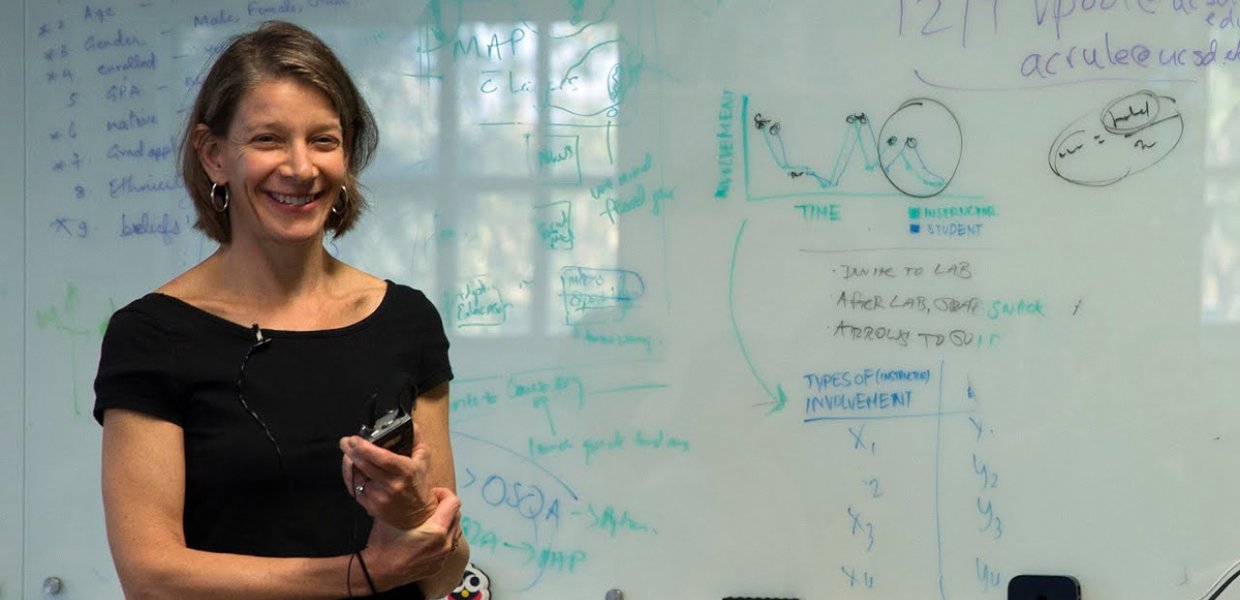
MASTS presents: Judith Donath: Pix and it didn't happen
Thursday, November 7, 2019
3:30 p.m. – 5 p.m.
USC Annenberg School for Communication and Journalism (ASC), 104
The technology to create deep fakes — highly realistic yet fictional videos depicting real people doing and saying things that, in fact, they have never done or said — is rapidly advancing. Prominent media scholars warn it will bring about an “information apocalypse” and represent “an exponential leap …[in] the ability to distort reality.” In this talk, Judith Donath will argue that while we may be facing an information apocalypse, it will not be due to fake videos. Though deep fakes will indeed be used maliciously and undetectably, such predictions are based on an erroneous assumption of the evidentiary power and necessity of recorded images. Although society thinks of them as depictions of reality, recorded media have never been objective conveyances of truth; to match our thinking with their actual power, we need to focus less on making such media more reliable, and more on making them less relied upon.
Schedule:
- 3:30 p.m. Reception
- 4–5 p.m. Talk
Judith Donath synthesizes knowledge from urban design, evolutionary biology and cognitive science to design innovative interfaces for on-line communities and virtual identities. She is the author of The Social Machine: Designs for Living Online (MIT Press, 2014) and is known for her writing on identity, interface design, and social communication. Formerly the director of the MIT Media Lab's Sociable Media Group, she is the creator of many pioneering online social applications; her work and that of the Sociable Media Group have been shown in museums and galleries worldwide. Currently, she is an advisor at Harvard's Berkman Klein Center and is working on a book about technology, trust and deception. She received her doctoral and master's degrees in Media Arts and Sciences from MIT and her bachelor's degree in History from Yale University.
Media As Socio-Technical Systems (MASTS) fosters interdisciplinary engagements with communication technologies and cultures. Through reading groups (drawing from literature in Communication, Science and Technology Studies, Critical Internet Studies, Human-Computer Interaction), informal salons, skills sharing, guest speakers, and social gatherings, we develop individual and group projects that combine technical explanations and experimentation with studies of social practice and cultural power. The group’s aim is to produce critical, timely accounts of complex sociotechnical phenomena by combining multiple methods and traditions, for both scholarly and popular audiences. MASTS is housed at the Annenberg Innovation Lab (AnnLab) and connected with faculty and students in the Journalism, Cinema, Policy, and Engineering schools, USC’s new Center for Science, Technology, and Public Life, and AnnLab’s Civic Media Fellowship program
This program is open to all eligible individuals. USC Annenberg operates all of its programs and activities consistent with the University’s Notice of Non-Discrimination. Eligibility is not determined based on race, sex, ethnicity, sexual orientation, or any other prohibited factor.